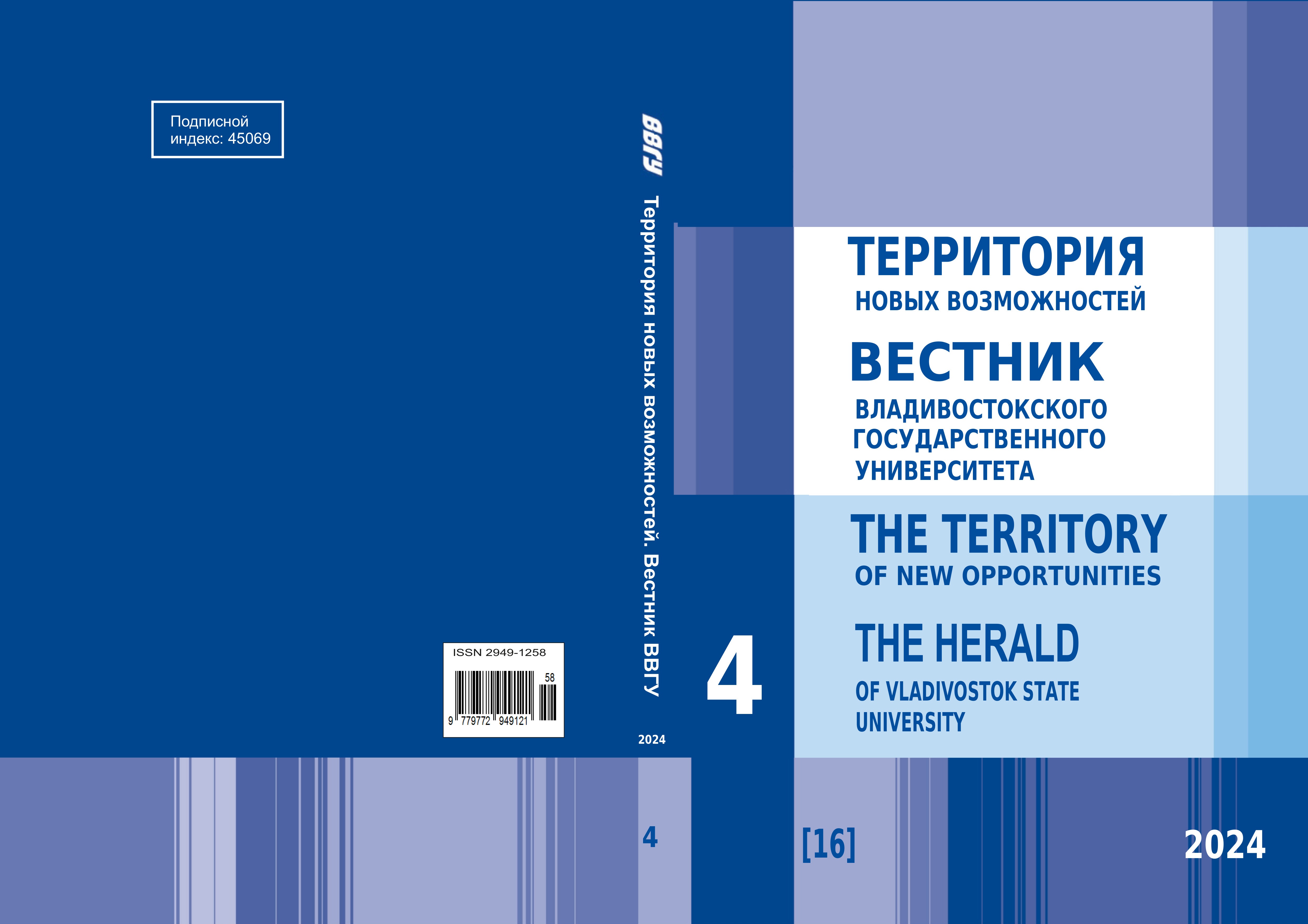In the situation of Russia's confrontation with Western countries, the issues of patriotic education of students are relevant. The aim of the article is to consider the methodology of using Internet sources on history in the process of patriotic education of students. The objectives are: understanding the reasons for the use of historical material by students on the Internet; presenting the methodology of conducting a history lesson and the functions of the teacher at each stage of the work. The novelty of the research is due to its practical orientation, consideration of the methodology of conducting a history lesson using Internet resources. Research methods: observation, analysis, generalization. As a result of the research, the main reasons for students' access to web resources in the educational process are identified: 1) students are used to the Internet environment and easily navigate it; 2) the Internet is an extensive information base for historical education; 3) digital technologies have changed the representation of history, creating various forms of its perception; 4) working with online resources stimulates creative activity. A practical lesson on the topic "The Great Patriotic War: without a statute of limitations" actualizes historical material about the Great Patriotic War in the situation of a special operation in Ukraine. The interactive form of the lesson involves dividing students into three groups aimed at preparing and presenting material about the causes and essence of German fascism and Ukrainian nationalist ideology. At the first stage of the lesson, the teacher's functions are to recommend criteria for choosing sites based on history and the sites themselves, to get students acquainted with the main signs of fake information. Next, the teacher checks the selected material, corrects the arguments, and advises students. The heuristic potential of reliable online resources makes it possible to qualitatively improve the effectiveness of the educational process.
patriotic education, history in Internet resources, students in the Internet environment, interactive technologies.
1. Afanasyeva L.P. Internet for a historian: a trash can or a storehouse of wisdom? New historical bulletin. 2003; (3): 3–21.
2. Bykov A.K. The integrative nature of patriotic education in educational organizations as the basis for the classification of its main areas. Bulletin of Moscow State Linguistic University. Series: Education and pedagogical sciences. 2018; 4 (808): 3–15.
3. Gorokhov P.A., Yuzhaninova E.R. The influence of Internet resources on the phenomenon of historical memory: the experience of philosophical research. Philosophy and humanities in the information society. 2022; (1): 12–41. URL: http://fikio.ru/?p=4966 (accessed date: 12.01.24). EDN: https://elibrary.ru/RGPIIG
4. Darinskaya L.A. Organization of independent work of students using educational Internet resources. Bulletin of St. Petersburg State University. Series 12. 2010; (4): 25–31.
5. Egorov M.A., Tomilin A.N. Features of modeling the process of development of individual patriotism based on the improvement of critical thinking. World of science, culture, education. 2018; 2 (69): 54–57.
6. Krainov G.N. Forms and methods of patriotic education in history classes. Modern problems of science and education. 2019; (3). URL: https://scienceeducation.ru/ru/article/view?id=28876 (accessed date: 05.02.2024). EDN: https://elibrary.ru/PETFDV
7. Lapina-Kratasyuk E.G. How digital media changed the approach to history. Forbes. 2015. Aug. 03. URL: http://www.forbes.ru/mneniya-column/295707-kak-tsifrovye-mediaizmenili-podkhod-k-istorii (accessed date: 01.02.24).
8. Matveeva E.P. Problems of searching for reliable information by students on the Internet. Pedagogical education in Russia. 2021; (4): 51–57. DOI:https://doi.org/10.26170/2079-8717_2021_04_06 EDN: https://elibrary.ru/TFBJGV
9. Oleinikova E.Yu. Internet practices of modern students (on the example of universities in Khabarovsk). Modern problems of science and education. 2015; 1 (1). URL: https://science-education.ru/ru/article/view?id=17519 (accessed date: 05.02.2024).
10. Solovyova D.Yu. New historicism and representation of history in the digital environment. Bulletin of Moscow University. Series 10: Journalism. 2018; (4): 3–26. DOI:https://doi.org/10.30547/vestnik.journ.4.2018.2654 EDN: https://elibrary.ru/XVLQVN
11. Samateeva M.Z. Formation of the patriotic consciousness of student youth. Bulletin of Samara University. Series: History, pedagogy, philology. 2023; 29 (1): 104–108. DOI: http://doi. org/10.18287/2542-0445-2023-29-1-104-108 EDN: https://elibrary.ru/YCHLCO
12. Tsareva N.A., Mikhailov D.V. Forms of negative information and ways to overcome its threats. Naukosphere. 2023; 1 (2): 140–145. DOI:https://doi.org/10.5281/zenodo.7601902





